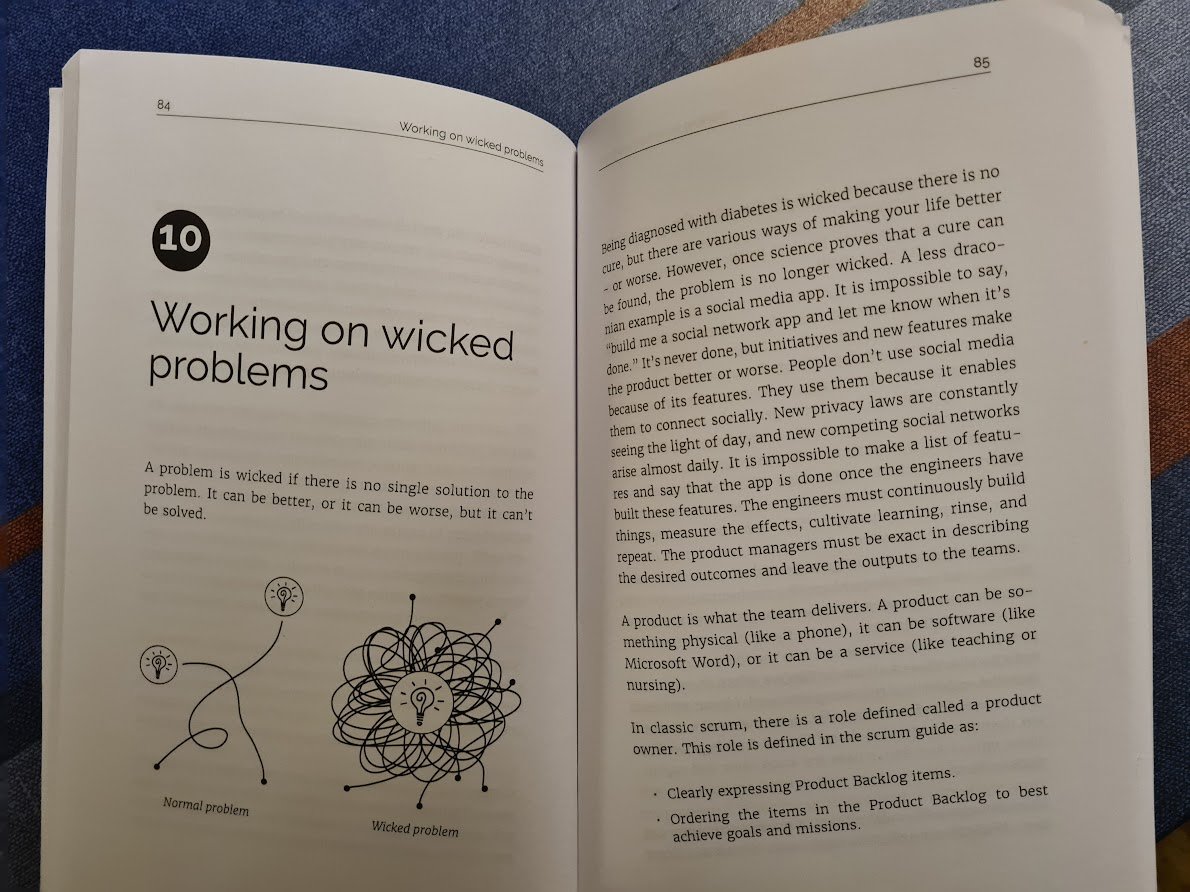By Janus Boye
Christian Vandsø Andersen has worked at the LEGO Group in various digital leadership roles since 2009
The conversation around digital leadership tends to go from somewhere between tech fascination and pretending that the rules of gravity don’t apply.
I’ve often wondered, why it is, that after all these years of doing digital, with many books covering each individual aspect of what that means, we haven’t had a handbook for leaders leading digital teams.
This is what Christian Vandsø Andersen, VP Digital at the LEGO Group, set out to write and in a recent member call he talked about his new book appropriately titled Wonderful digital leadership.
Christian has 20+ years of digital leadership experience, so hearing his deliberate provocations, anecdotes and perspective is a generous, insightful and friendly steer to have a better conversation about digital.
A thoughtful book on wonderful digital leadership
Published in October 2022, Wonderful digital Leadership covers 144 pages to make you think about leading digital teams
Perhaps unsurprisingly, Christian applied his experience building digital products to writing the book. Specifically he used LinkedIn posts as minimum-viable-products for chapters.
This gave him useful feedback before going into the editing and rewriting of each chapter. As a reader it’s clear that Christian draws on a wide range of experiences, including history and martial arts. As you make your way through the book, this reader certainly had the clear impression that Christian had something on his mind and an intention with including each chapter. Stopping short of repeating what many others have written in many other books, Christian states his points in a clear and concise language and then eloquently moves on.
Published just 2 months ago, in October 2022, the 144 pages provide you with a different look at time, innovation and leadership in a digital world. The focus is indeed on a world filled with wonder, and it’s a book intended to make you wonder. Christian asks many questions, with this one being one of the few yes or no questions:
Is the leadership we're used to what is needed if the purpose is motivated teams doing the right thing at the right time?
An example of Christian steering the conversation is this one key point from the book:
“As the benefits of empowered teams become evident, it is not unsurprising that leaders ask how to scale agile to the enterprise level. However, the question is not about scaling – it is about descaling.”
In our call, his questions were a bit more playful and perhaps even lighthearted, but in the same sprit of making us think:
How long does it take to catch a fish?
When is the right time to propose to your future wife?
While these might seem silly questions, Christian connected them to the usual way of working with roadmaps that has a timeline. Every roadmap has a timeline, right? Still, when do you know when the product is ready? When you’ve reached the deadline or when it is actually ready with the right features? In the book, you can discover an approach to roadmaps that discards the idea of time as chronological.
As someone who’s a big fan of the power of questions, Christian also has this useful advice in the book:
Questions that begin with “when” are usually the wrong questions when working in the digital product space.
The book makes you think about some of the many things leaders in complexity take for granted, yet it’s not just a corporate book.
Wonderful digital leadership is also personal
As Christian made quite clear in both our call and in the book, his writings are quite personal. While some of it was tested on his LinkedIn network, other chapters were intended for an academic journal, Christian draws on his own experiences, and shares his personal take on many of the issues.
One of the many examples is how in many organisations, power structures with significant impact remain invisible and can be harmful. The book dives into the invisible power structures in organisations today, and shares how to name them to tame them.
He also shares examples of how to organise your digital department and how to focus on outcomes instead of output.
Chapter 10 talks about wicked problems that can’t be solved. The book has a few illustrations, but as each chapter is only about 10 pages on average, often with lists and bullets, it’s a book that you can easily bring to the beach or consume over a weekend.
It’s also personal when you go into making remote teams work and his take on self-organising teams are clearly shaped by his experience, which makes for an interesting read.
Another chapter that resonated with this reader and moderator of the call include the one on innovation, where Christian made the case for pursuing strange things to make something emerge. That’s also innovation and he used the wonderful example of Roentgen’s discovery of X-Rays to show how innovation can work in wonderful ways.
You always have to be careful when you steer the conversation and direct attention from one area to another, but coming from the mind of an experienced digital leader, I recommend that you give this wonderful book a chance. It’s an optimistic and hopeful book, which reminded of the words of a famous musician:
“I think to myself. What a wonderful world.”
Christian in action talking about (digital) leadership in a complex world at the Boye Aarhus 20 conference.
Learn more about wonderful digital leadership
Do follow Christian on LinkedIn for updates on his thinking and useful snippets from the book. You can naturally also secure your own copy of Wonderful digital leadership. The 1st edition is not sold out just yet.
The conversation on digital leadership continues in our peer groups and at our upcoming Boye conferences. Hope to see you there!
Finally, you can also lean back and enjoy the recording from the call.




